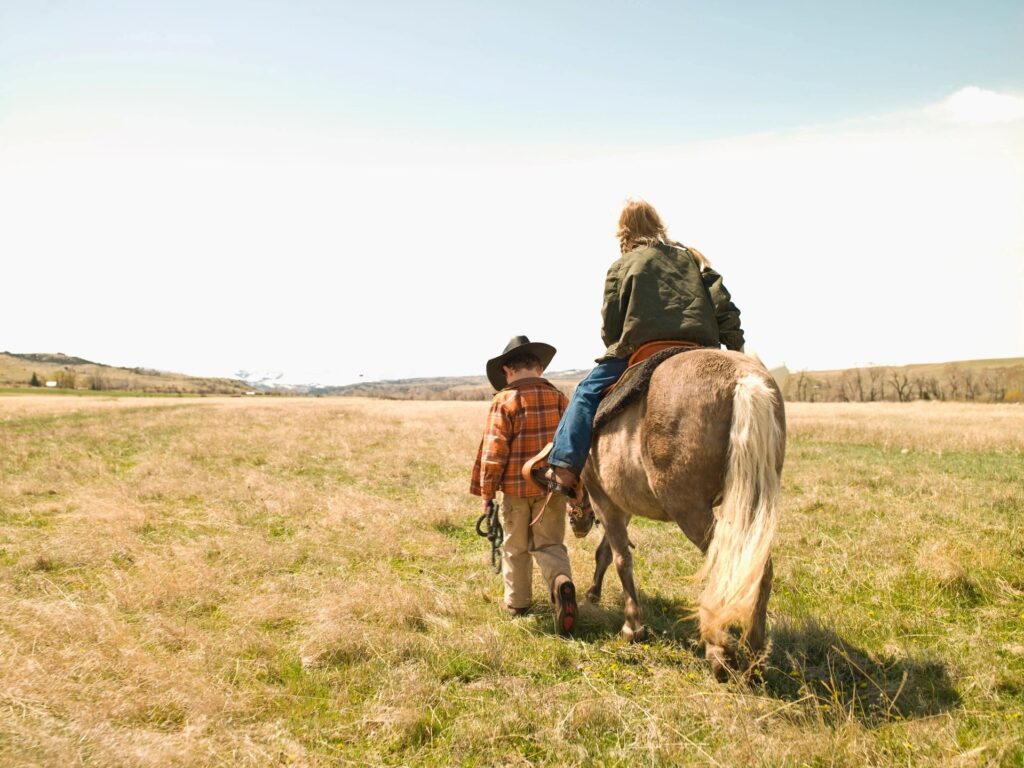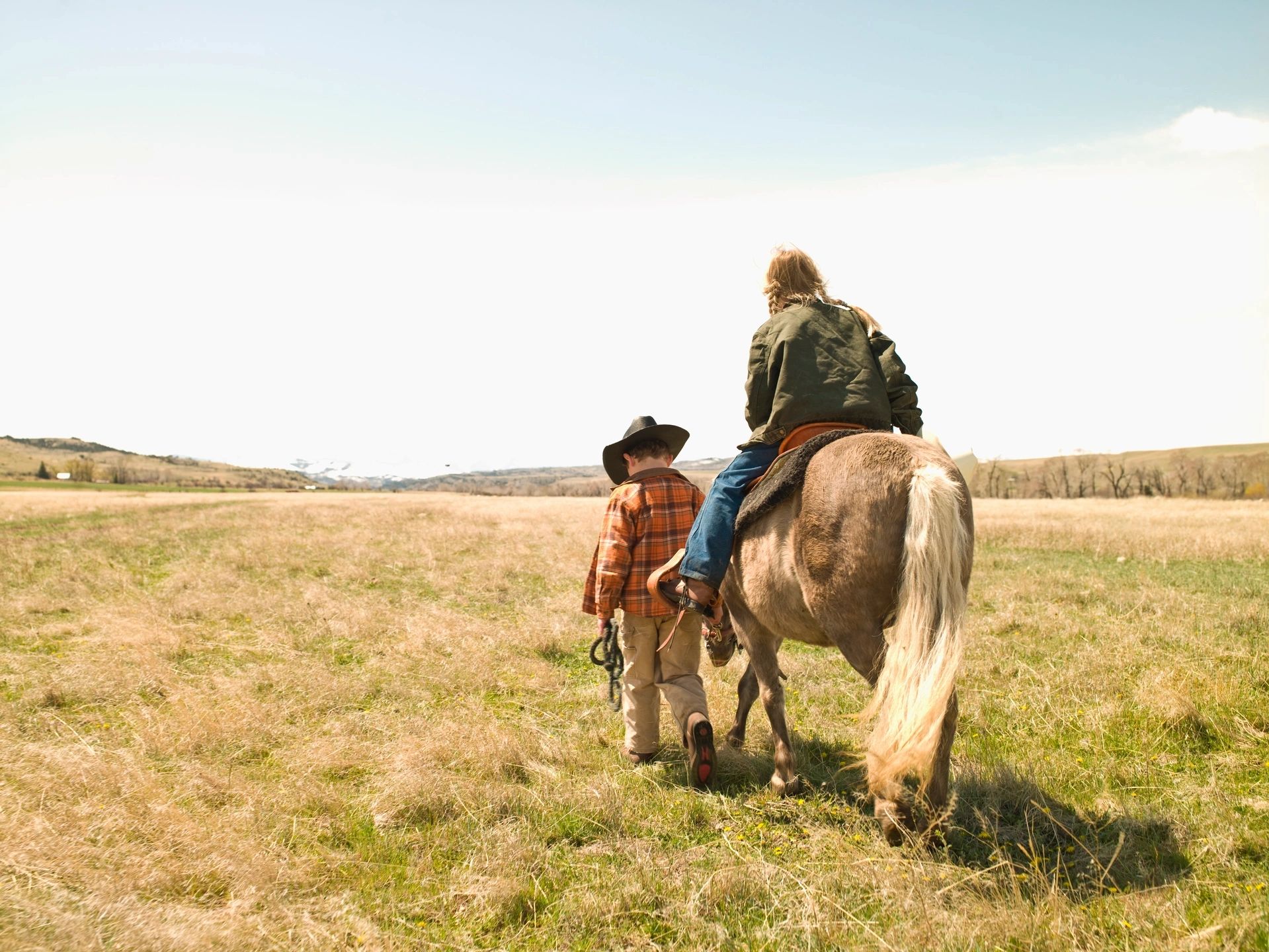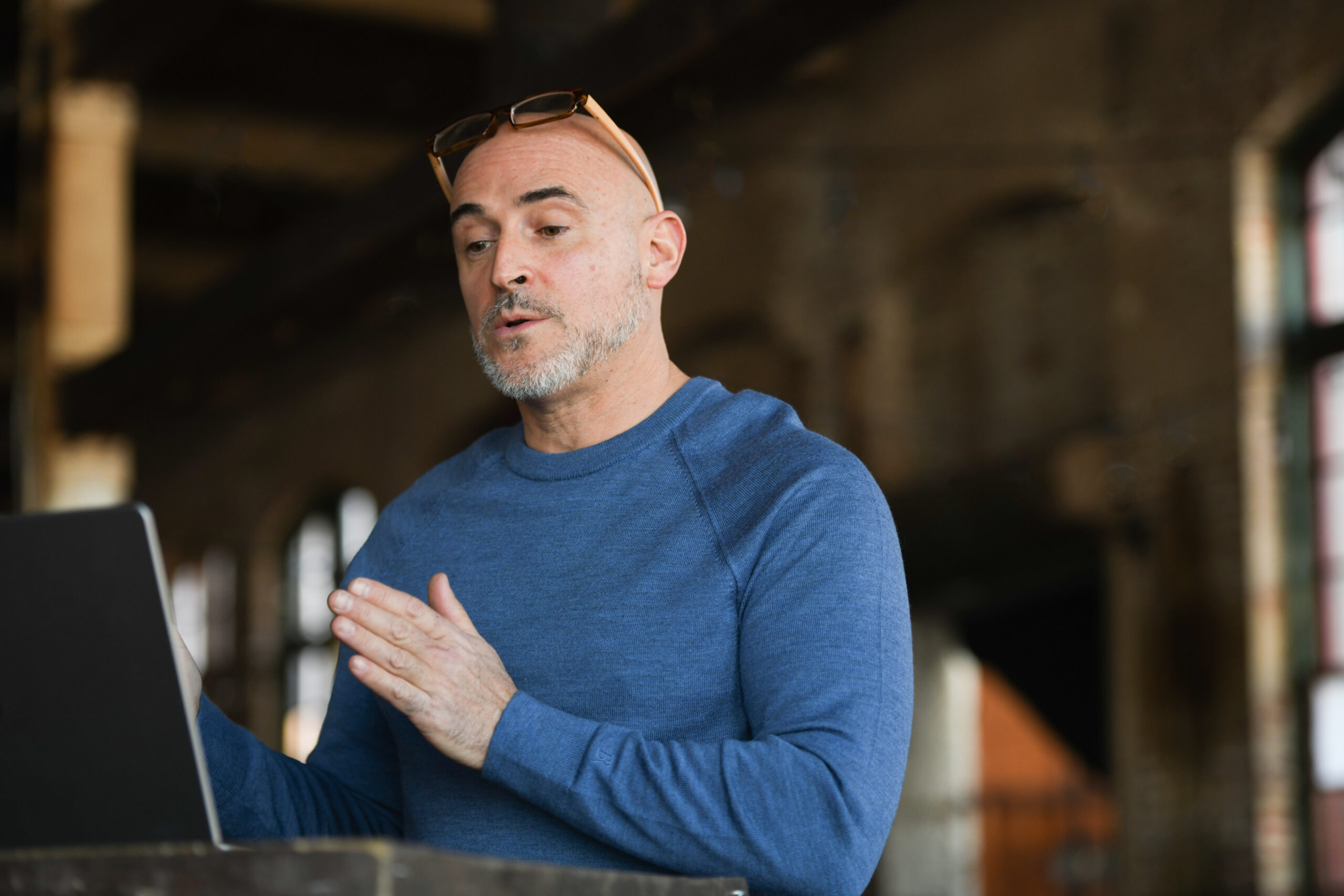R. Minervini
Trust.
Where does it begin and how is it protected?
Trust will always begin where doubt is comforted by support, and where being exposed, still feels safe.
It would be easy to imagine that trust begins between a child and mother. But I would disagree with that for the simple fact that the child is not conscious yet of who or what is providing.
So as insensitive as it may sound, that child is more dependent than trusting.
Should we think along the timeline of human existence?
Or
Can we expand this thought by looking along the timeline of nature and other living things?
I might choose to rule out nature’s comparisons. For many of these things fall in the category of being dependent on other things for their existence. If in the future, I ever expand this question, I will defer to botanists (who study plant life), ethologists (who study animal behavior), and ichthyologists (who study fish behavior). They’ll surely have data to share an opinion.
So, Lets stick to those with the ability to think, humans, early and present day.
Many scholars suggest that Trust is derived from core elements, core dimensions, or several driving factors.
The factors that I found most compelling, through a simple internet search, have 3 core traits: Authenticity, Logic, and Empathy. And I couldn’t agree more.
People tend to trust you when they believe that they are interacting with the ‘real you’(authenticity), when they have ‘faith in your judgement and competence’(logic), and when they feel ‘that you care about them’ (empathy).
This is truly something that I can agree with. Mostly because it’s who I’ve always been.
But why would I care about sharing this with everyone else?
and there are two reasons:
First, is for personal and professional reasons.
As a Personal and Emotional Growth Coach these three core principles are what I like to offer to my own clients.
Specifically, because I need to earn their trust to have them share intimate thoughts and feelings with me.
Second, I always like to share ideas that are advantageous character traits amongst a community, for the sake of humanity.
Trusting one another is not specific to loved ones or family.
It’s Necessary for all!
It’s necessary amongst friends, family, partners, employees, employers, colleagues, clients, teammates, and civilians in general.
Trust is shared, as a means of ensuring the security of commitment to one another.
Trust is the true bridge that carries us from doubt to confidence.
Trust is what we offer others to gain their respect and appreciation.
It allows us to expose ourselves authentically in the hopes that whoever has our trust, at the least, will have our best interest at heart, and if the need arises, will be there as support.
Even the most complex negotiations; (Corporate, Political, & Spiritual) must secure trust between parties to keep a safe passage/bridge, to reach a mutual goal.
And a truly trusting relationship will share this commitment between all,
for the betterment of all.
If one of the parties is inauthentic, the bond of trust is broken.
One party has taken advantage of the other, by not representing the truth and by not being empathic to the other’s wishes.
This clearly demonstrates that competence of judgement has not been exhibited.
Or
One party was trying to benefit from the other for personal gain, personal advantage,
or an insincere representation.
My opinion, and common approach, is to offer trust initially, and give the other person the opportunity to do the same.
Specifically, for me, because I have always been passionate and an advocate for personal authenticity.
But I also recommend this for all.
Disclosing and exposing who you are is the truest way to represent yourself to the world.
And yes, I understand that it leaves us vulnerable for others to take advantage of, and of our trust.
But it’s our duty as a civilized society to be true, and to feel trust in one another.
(for peace of mind, for our safety, for our health, and for our shared communal progress).
For skeptics out there, that want to contradict me by stating that we can’t be too exposed during business transactions, sport competitions, real-estate investments, and international dealings.
I’d say, I agree!
But I’d also say that you missed the point.
These examples being brought up are specific to personal gain or competitive advantage taking. The opposite of what and where trust flourishes or exists. The purpose of these examples is to support the case for one party having an agenda to benefit from another party.
In a world where humans interact with one another, Trust, is at the core of relationships.
and being that we would all benefit from a civilized world and expect others would be there to help us. It serves us great benefit to present ourselves authentically.
If not, then the issue is not with others, it is with our own failure to expose our true self and hidden agenda.
I believe that we must navigate life as if we were walking through a forest alone,
or with those we care to protect.
Would you trust walking across a frozen river that had exposed cracks and thin layers of ice? Would you trust walking on an old fallen tree across a deep valley below?
Would you drink from a pungent smelling pond, or eat from every tree?
Most of the time our trust grows after moments of experience.
It’s through trial and error, or by our instincts based on previous less dangerous experiences,
and other times we simply fail and must own our defeat.
But would you stop living ‘authentically you’ in that forest, because of a few failed experiences?
Would you profess to be more capable than you are, or claim that you can jump across rivers and digest whatever you find in front of you? …. Would you believe in your abilities recklessly.
And one day find yourself defending you and your family against a bear?
Or an avalanche? Or maybe a raging river?
I’d say it wouldn’t be such a great idea.
We would use these small trials and errors to raise our “Trust Antenna.”
Which ultimately represents our true authentic self, and more often than not, would allow us to confront situations honestly .
Life, amongst people, should be no different.
It should be approached similarly. We build relationships by trial and error. Watching and accepting small gestures of humanity from others and offering small pieces of ourselves to them. Until our willingness to trust is secured.
Starting immediately with small and less impactful gestures and building the bridges to a greater trust. One that lets the other party know, that whatever it is that we are about to face, I will enter it with authenticity and truth, and keep an empathetic heart and mind to protect your authenticity. (Understanding life has no guarantees of course)
We should embrace our thoughts, our instincts, and our interests,
and offer who we are authentically, to everyone. Never allowing others to doubt our authenticity or hiding scars we may carry.
By living this way, we can find ourselves surrounded by others who share the same traits and interests, or by those who appreciate us for ours.
Which often leads to friendships, relationships, communities, societies, and humanity as a whole.
‘Exposing your cards’, so to speak, has nothing to do with weakness or ignorance in negotiating life, it has to do with ownership and confidence in who we are.
(if not, we are not yet willing to admit who we are, and not being authentic or supportive).
We must remind ourselves and our children, that even during our trials and tribulations, or when we are caught between two or more parties, that representation of truth still secures genuine Trust.
Empathy and commitment to justice, from both parties, allows negotiations to run smoothly.
Parties can freely expose their differences and wants. And if both people, or parties, or corporations, or countries, are not able to reach an agreement due to a heavy burden on one over the other,
At the least, all parties can agree that a compromise may still be, “an honest solution.”
If all parties are honestly represented,
then trust has still been established and has protected the authenticity of everyone.
No one has been taken advantage of or misled.
Your child will accept your answer. Your parents will hear your struggles.
Your best friend will feel that you have their back.
You will feel that your best friend will have your best interest in mind.
Your employer or employee will understand the situation.
Both corporations will know what each other has to offer or needs in return.
…..and both countries will accept that a compromise must be made to protect humanity.
From the most critical wartime negotiations to the most innocent and sincere child’s concern, honesty defines Trust, and Trust comforts doubt.
Life has no guarantees, but putting your trust in Authenticity,
gives you the sincerest results!







